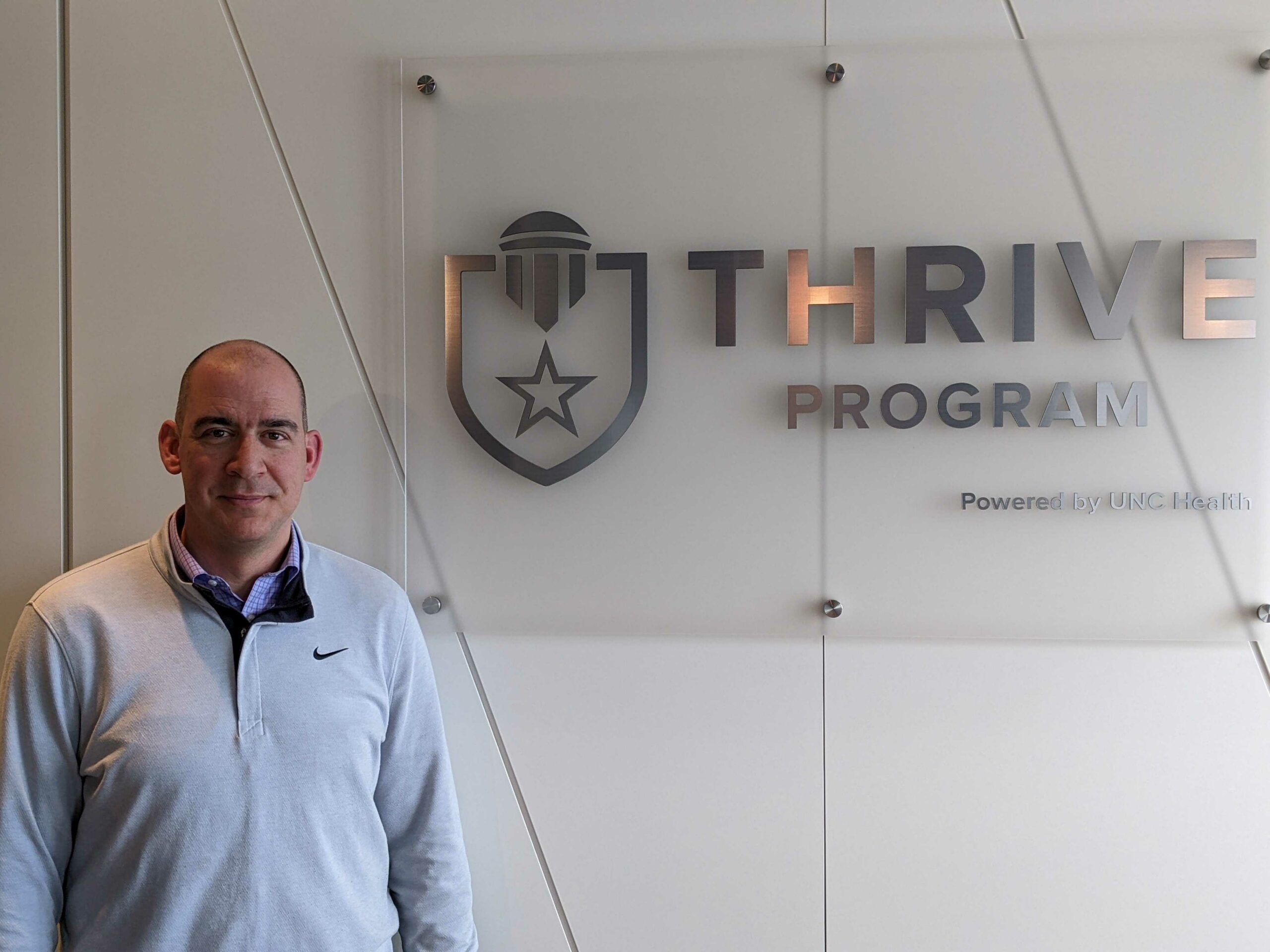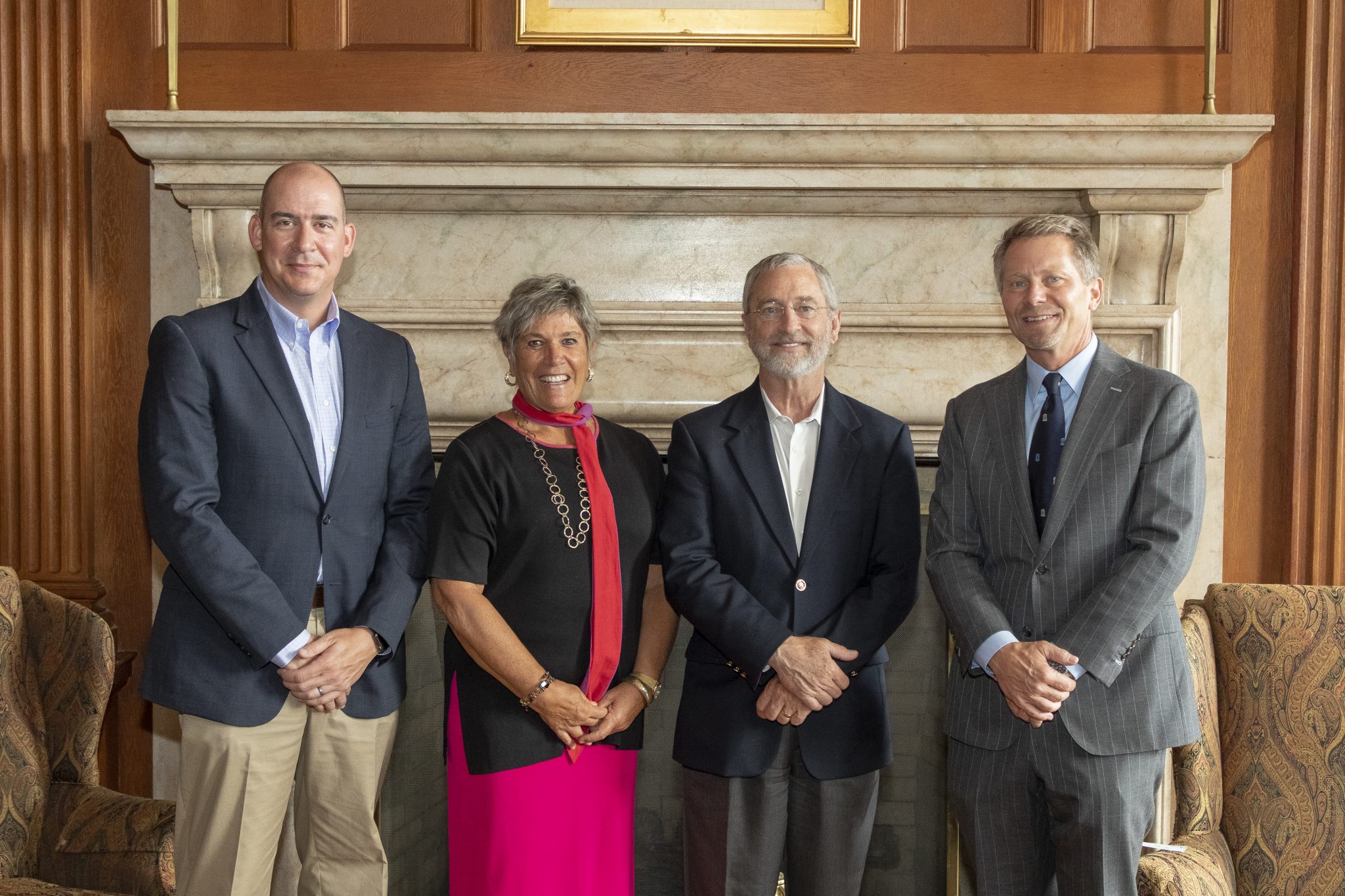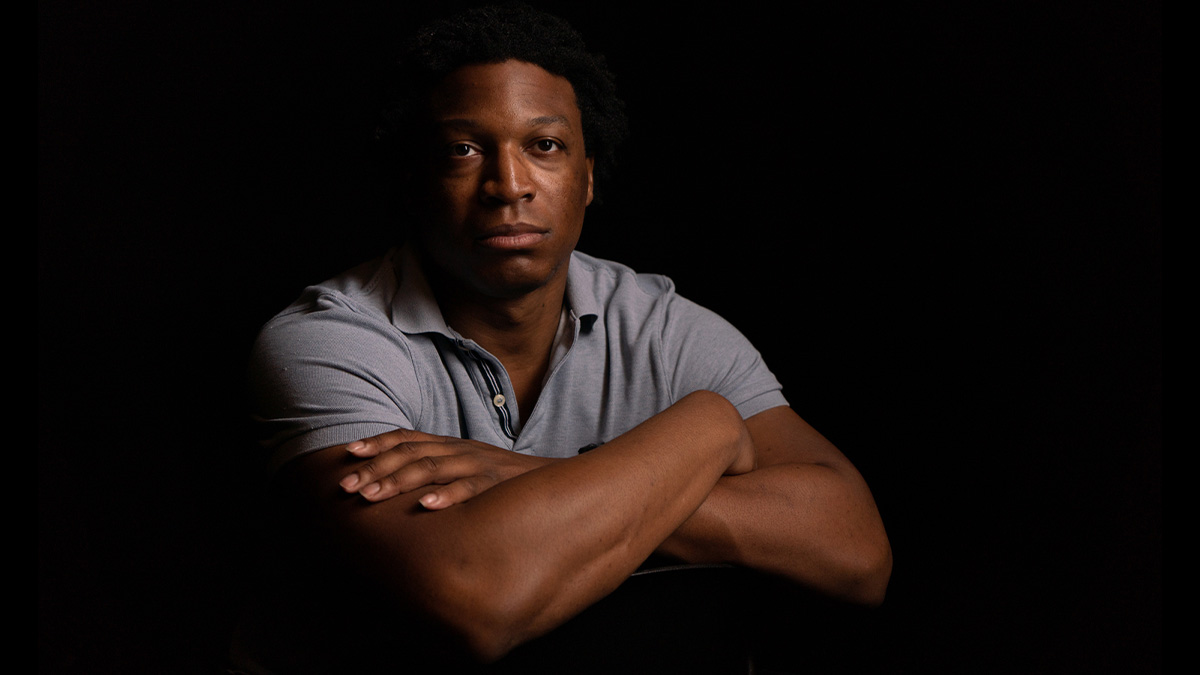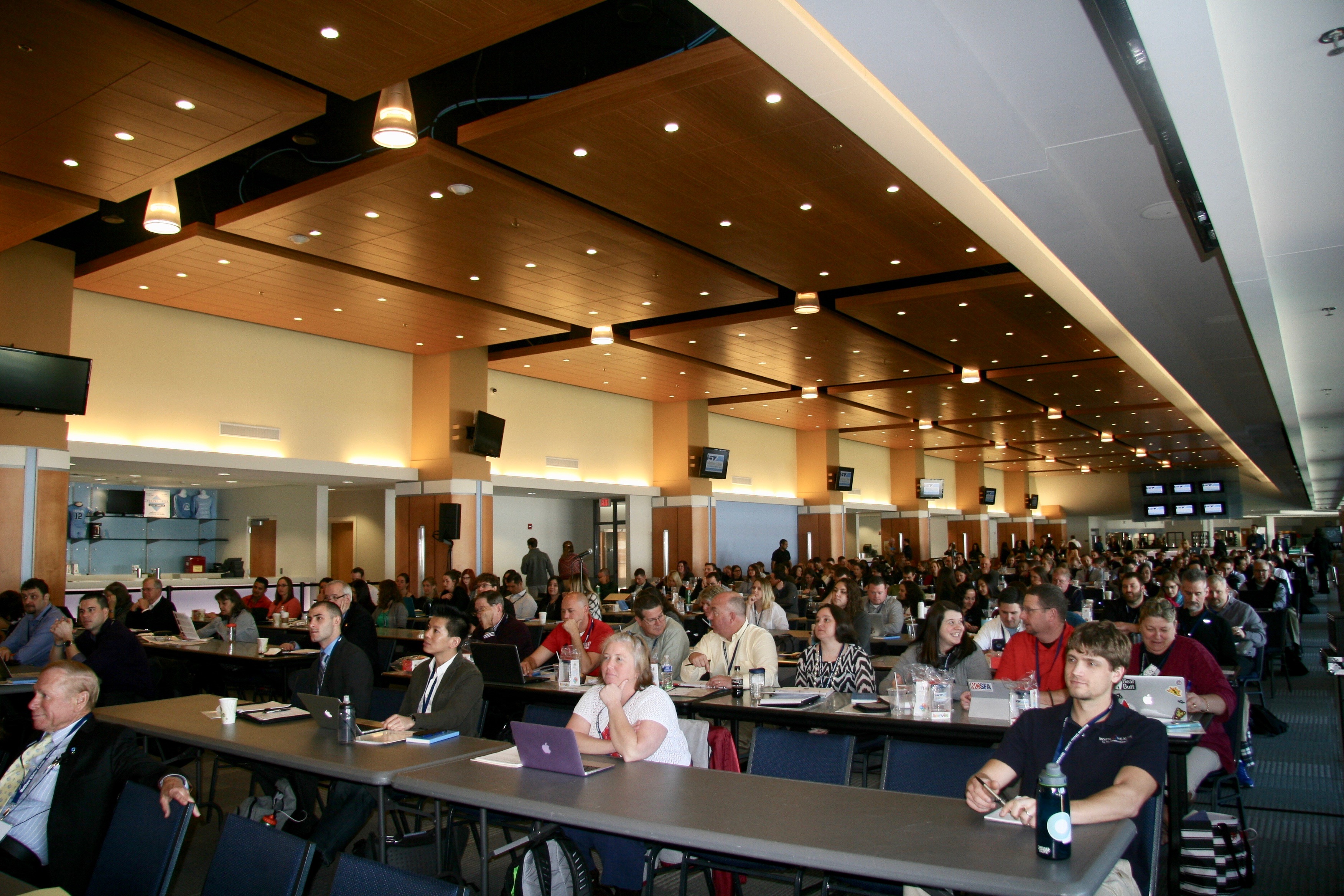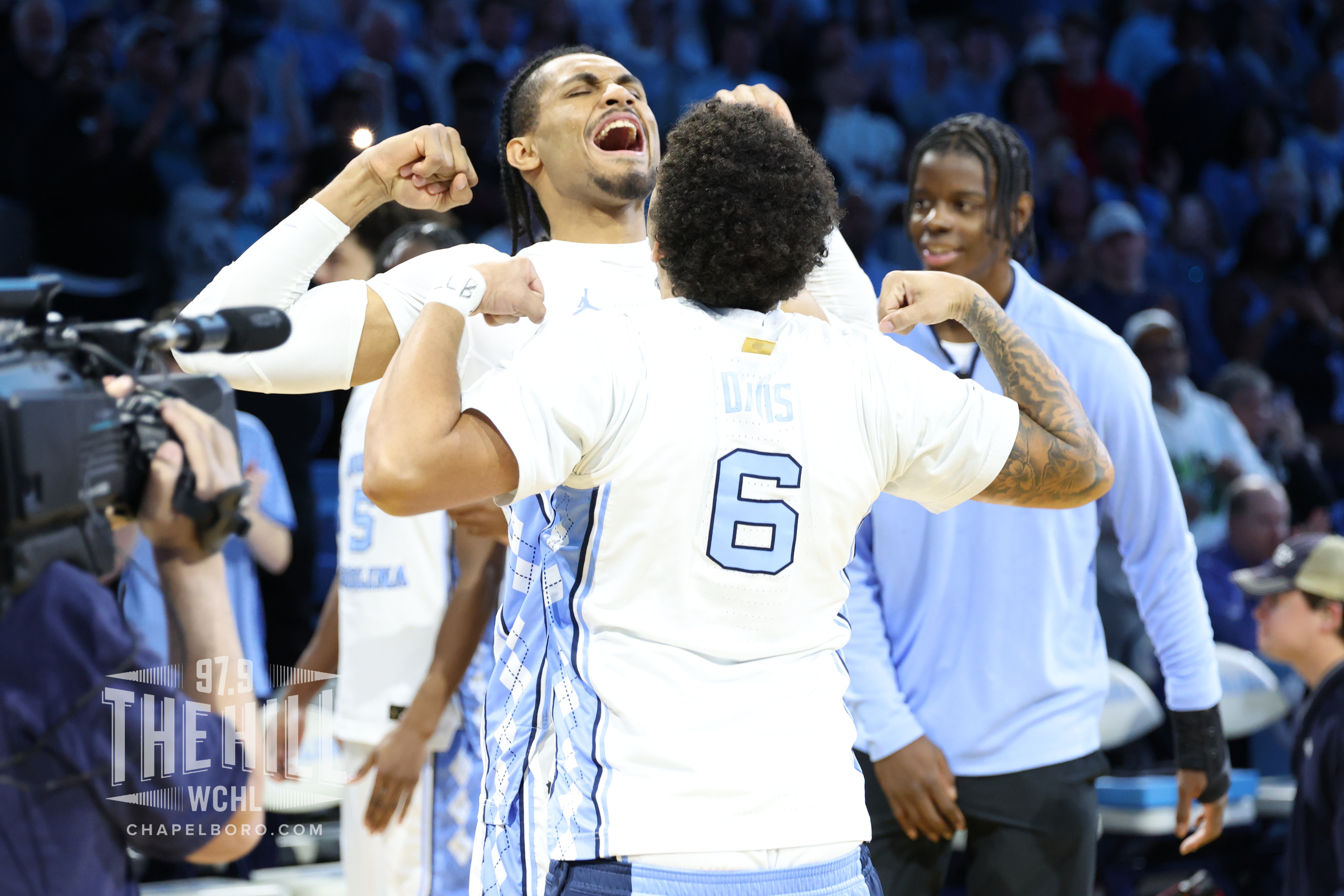The Matthew Gfeller Center at UNC is known for its leading research on head trauma and injuries for athletes. But the center is now building up a new program to help out a piece of our population: veterans.
The THRIVE Program, or Transforming Health and Resilience in Veterans, recently moved to its own, permanent home. The project started last spring, but is ramping up its operations now that it has moved into one of the Carolina Pointe medical buildings off Farrington Road.
THRIVE comes from a grant and fundraising that will last at least a decade, with its UNC team evaluating veterans who may be suffering from mild to moderate traumatic brain injuries.
Dr. Shawn Kane is the program’s chief medical officer and is a veteran himself, having served for 27 years in the U.S. Army.
“A traumatic brain injury, a TBI, is an event,” he describes. “That is a one-time event that is very different – so that’s one of the challenges: no two are alike. Being a part of that event is important, because there’s obviously a lot of other psychological and mental health aspects to the whole event, but it’s then really focusing [our research] on the impact and deficits it had on that individual patient. Because they’re not the same.”
The THRIVE Program guides veterans across North Carolina and the country through a unique evaluation process here in Chapel Hill: having the person undergo several intensive checks in the span of 72 hours. Veterans who reach out do individual assessments with a dozen specialists – a critical first phase of their treatment.
Jason Mihalik, who is the co-director of the Gfeller Center and is leading the THRIVE Program, says this range of sessions allows the medical team to get a holistic view, or “snapshot,” of each veteran and their current health.
“In many respects, we see ourselves as force multipliers,” he says. “Where we can take 12 specialists and have them evaluate a veteran in the span of two-and-a-half days. In any other health system, that might take over a year to have that happen. We’re able to really maximize efficiencies and really get at root-cause problems so that veterans aren’t languishing in other health care environments trying to figure out what’s wrong with them.
“And, often times,” adds Mihalik, “there’s nothing wrong with them and they just need to hear that.”
Mihalik says about 50 percent of the veterans who go through evaluation are then invited into Phase 2 of THRIVE, which is a three-week intensive outpatient program. In addition to traditional medical treatments and education on TBIs, the UNC specialists use resources like art therapy and equine therapy to help provide veterans methods to recover. The final phase includes reducing barriers to other treatments or resources, with the THRIVE case managers staying in touch over the course of a year.
Now in an expanded space, the program aims to increase its evaluation to four veterans each week and hopes to build its outpatient cohorts to 12 people. That adds up to evaluating around 200 veterans each year and connecting more than 100 to their outpatient therapy.
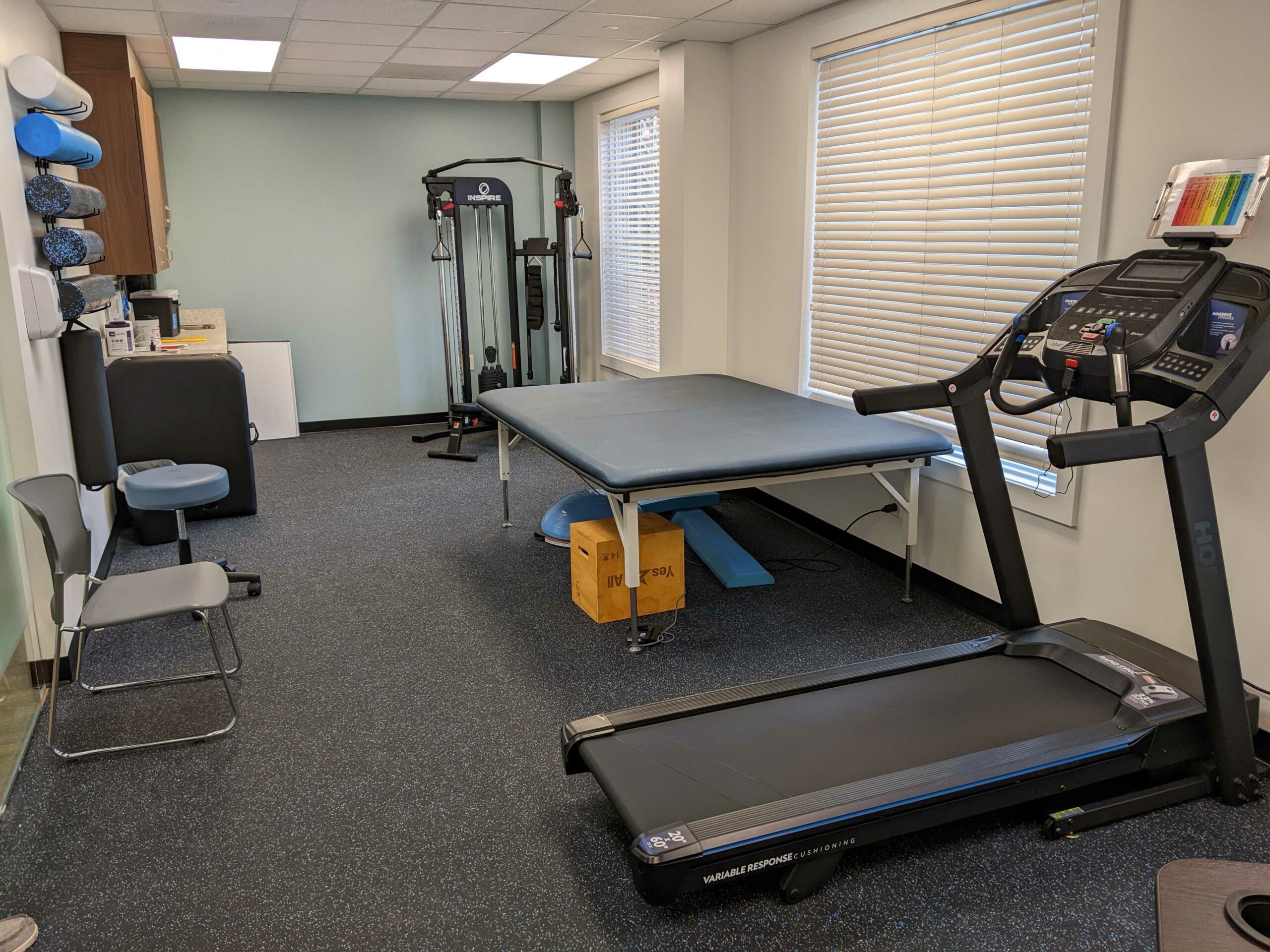
The physical training room at UNC’s THRIVE program is one of several spaces where veterans can undergo evaluation or have part of their three-week-long therapy process.
Kane says while he’s proud of the work THRIVE does to help veterans suffering from serious TBI cases, he also feels fulfilled when telling those after evaluation that they’re healthy and normal.
“There are a lot of messages out there that veterans are broken, they all have problems,” says the doctor. “To be able to sit down with people, spend time with them over those days and tell them that they’re fine, they’re not broken, is really rewarding.
“Or,” Kane adds, “to be able to say, ‘Listen, you’re not broken, you have this one problem. Your vestibular ocular system – your eyes and your ears – are giving your brain a confusing message. That’s why you’re dizzy. We can fix this, this is real.’”
Those are important messages for veterans to hear, as Mihalik says there are things people in the military are told or believe that separate them from others. He says whether its grappling with aging or being removed from routines, their mental health can deteriorate – let alone if they are suffering any effects of TBI. While many veterans are ultimately healthy, many still struggle.
“When you look at suicide rates among veterans,” says Mihalik, “there are reports that suggest as many as 20 commit suicide in this nation. You look at annual suicide rates, there’s twice as many veterans committing suicide than the general population – and that’s coming out of [veterans making up] only 5 percent of the population.
“Those are numbers that stand out,” he continues. “If this program can remotely put a dent in that [amount], then we will be highly successful.”
Kane says his goal, and the program’s, is to simply see as many veterans as they can. He encourages anyone with questions to get in touch and the THRIVE program will try to help prevent “the fear of the unknown.”
“You’re not alone, you’re not helpless, you’re not hopeless,” Kane says. “You can get better and continue to do well. Pun or no pun intended, our goal is to get you to thrive.”
More information, including frequently asked questions, about the THRIVE Program at UNC can be found here.
Chapelboro.com does not charge subscription fees, and you can directly support our efforts in local journalism here. Want more of what you see on Chapelboro? Let us bring free local news and community information to you by signing up for our biweekly newsletter.

